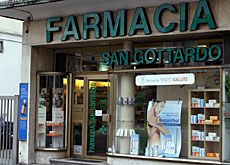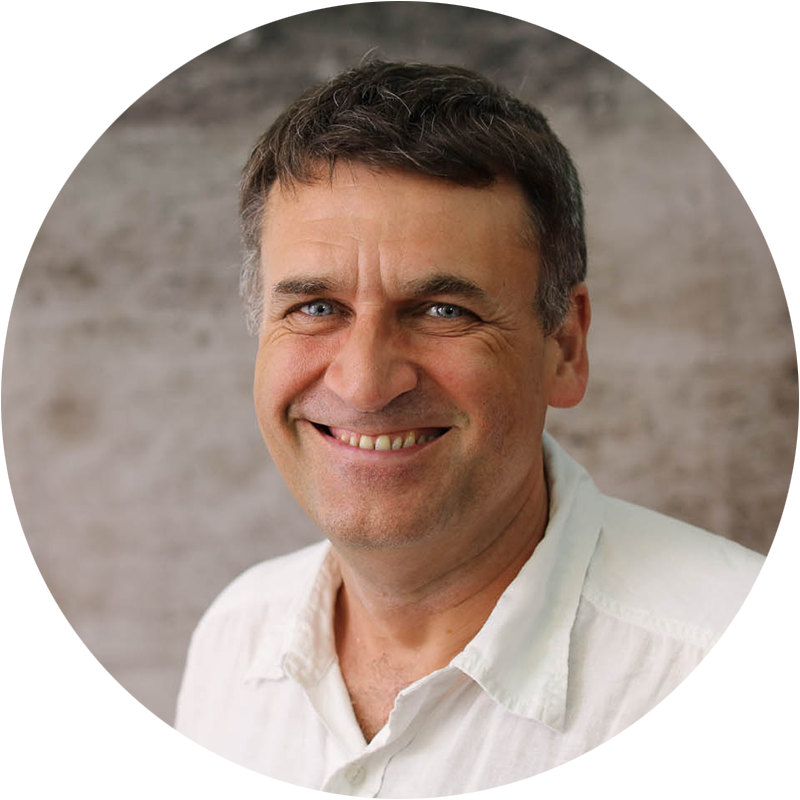
Ticino doping case raises concerns

A case of international doping trafficking in Ticino has once again raised questions over the canton's involvement in the illicit trade.
Switzerland – and Italian-speaking Ticino in particular – came under fire a number of years ago over how easy it was to obtain banned substances.
The most recent incident concerns a pharmacist from Chiasso. According to a statement released by the Ticino cantonal prosecutor’s office, he is under investigation for selling products for “doping use”, such as erythropoietin (EPO), anabolic steroids and hormones.
Most of these substances were destined for Italy – which borders Ticino – and went to unidentified athletes, said the office.
The Ticino authorities started their investigation in 2005 and have been collaborating with the Bergamo authorities, which are carrying out their own enquiry.
This is not the first time Switzerland has been in the spotlight over doping. In 2001 disgraced Italian cyclist Dario Frigo admitted obtaining banned substances from two pharmacies in Ticino.
A few years previously, just after a Festina cycling team doping scandal, a French publication caused a storm when it showed how easy it was to obtain EPO in Geneva.
This has led to concerns that Switzerland could be a “supermarket for doping”. According to Italian anti-doping expert Alessandro Donati, Switzerland used to cover up the extent of the problem.
New law
But the situation is now different, say those in the pharmacy profession. Ticino cantonal pharmacist Giovan Maria Zanini says this is due to a change in the federal sports law that since 2002 bans any trade, prescription or dispensing of illegal doping substances.
“In other words, a chemist can today be punished for selling a professional cyclist a substance that is on the Swiss doping products list,” explained Zanini.
Ennio Balmelli, spokesman for the Association of Ticino Pharmacists, said that awareness of the issue was much higher than ten to 15 years ago.
“Besides, one should not forget that the laws have changed and controls been stepped up,” he said.
Some in the industry believe that pharmacists were sometimes duped into selling the substances.
But Zanini says professionals should always carry out the necessary checks, even when presented with a medical prescription.
“If a pharmacist is suspicious… if they do not scrupulously check the prescription, they are guilty of negligence at least,” he said, adding that in certain cases pharmacists should be called upon to testify in court.
Balmelli says it is also worth keeping an eye on how many products of certain kinds – such as growth hormones – are sold in pharmacies.
Chiasso repercussions
For his part, anti-doping expert Donati is not convinced that the Chiasso case is a one-off. “My information tells me that the situation has not completely changed and I’m not just talking about Ticino, this is across Switzerland,” he said.
“However, there are certainly a greater number of pharmacies that are refusing to provide doping substances.”
Luca Maghetti, the prosecutor in charge of the Chiasso investigation, also does not rule out the possibility of more cases.
“The reason is simple: doping products are not categorically banned, only relatively banned,” he said.
“A drug can only be sold with a prescription. Italy, with the pressure of seven million inhabitants in [neighbouring] Lombardy, certainly creates a risk, a temptation for a pharmacist, even if Italian legislation is perhaps a bit stronger.”
swissinfo, based on an Italian article by Daniele Mariani
According to the Ticino cantonal prosecutor’s office, the Chiasso case involves more than 100,000 doses of ephedrine and 150 packets of erythropoietin (EPO), anabolic steroids, hormones and similar substances.
The investigation concerns violation of the federal sports law, infraction of the drugs law, fraud and forgery of documents.
Prescriptions are alleged to have been changed from veterinary prescriptions to doping ones. The sum estimated to have been defrauded from health insurances amounts to SFr300,000 ($256,000), according to the office.
The pharmacist was arrested at the end of September but was later freed. He is banned from practising and his pharmacy has been closed.
The Federal Court, Switzerland’s highest legal instance, last May upheld a guilty verdict placed on a Geneva pharmacist. He was accused, among others, of infraction of the sports law – which contains the anti-doping measures.
The pharmacist, sentenced to two-and-a-half years in prison, had sold large quantities of anabolic products to bodybuilders. This took place on presentation of a falsified prescription written by his accomplice, a doctor.
The court upheld the severity of the punishment, arguing that the man had acted out of greed and not to the standards expected of a health care professional.

In compliance with the JTI standards
More: SWI swissinfo.ch certified by the Journalism Trust Initiative

















![The four-metre-long painting "Sonntag der Bergbauern" [Sunday of the Mountain Farmers, 1923-24/26] had to be removed by a crane from the German Chancellery in Berlin for the exhibition in Bern.](https://www.swissinfo.ch/content/wp-content/uploads/sites/13/2025/12/01_Pressebild_KirchnerxKirchner.jpg?ver=8f77363a)












You can find an overview of ongoing debates with our journalists here . Please join us!
If you want to start a conversation about a topic raised in this article or want to report factual errors, email us at english@swissinfo.ch.